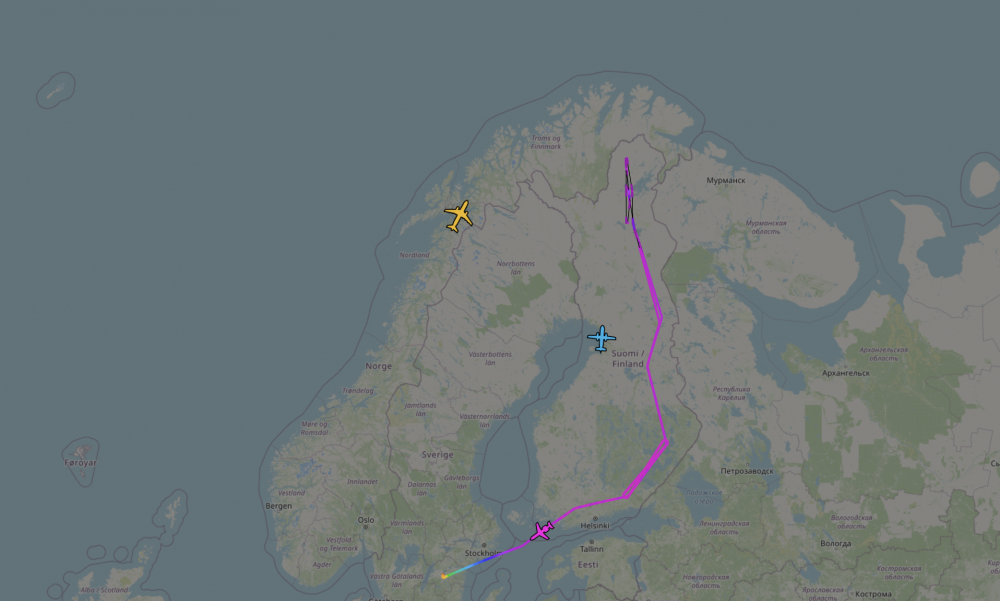[…] The United States, of course, is not the first global great power to experience this problem. It was one that the British Empire also faced even in its heyday in the nineteenth century. One of the leading British statesmen wrestling with it was Lord Palmerston (Henry John Temple, 3rd Viscount Palmerston), who was the dominant figure in shaping British foreign policy from 1830 until his death while serving as prime minister in 1865. It was Palmerston who famously said, “We have no eternal allies, and we have no perpetual enemies. Our interests are eternal and perpetual, and those interests it is our duty to follow.” […]
Palmerston observed, “As to the romantic notion that nations or Governments are much or permanently influenced by friendships, and God knows what, why, I say that those who maintain those romantic notions, and apply the intercourse of individuals to the intercourse of nations, are indulging in a vain dream. The only thing which makes one Government follow the advice and yield to the counsels of another, is the hope of benefit to accrue from adopting it, or the fear of the consequences of opposing it.”[…]
Later in his speech, Palmerston declared, “I hold with respect to alliances, that England is a Power sufficiently strong, sufficiently powerful, to steer her own course, and not to tie herself as an unnecessary appendage to the policy of any other Government.”
At the end of his speech, Palmerston noted, “When we find other countries marching in the same course, and pursuing the same objects as ourselves, we consider them as our friends, and we think for the moment that we are on the most cordial footing; when we find other countries that take a different view, and thwart us in the object we pursue, it is our duty to make allowance for the different manner in which they may follow out the same objects. It is our duty not to pass too harsh a judgment upon others, because they do not exactly see things in the same light as we see…” Läs artikel

